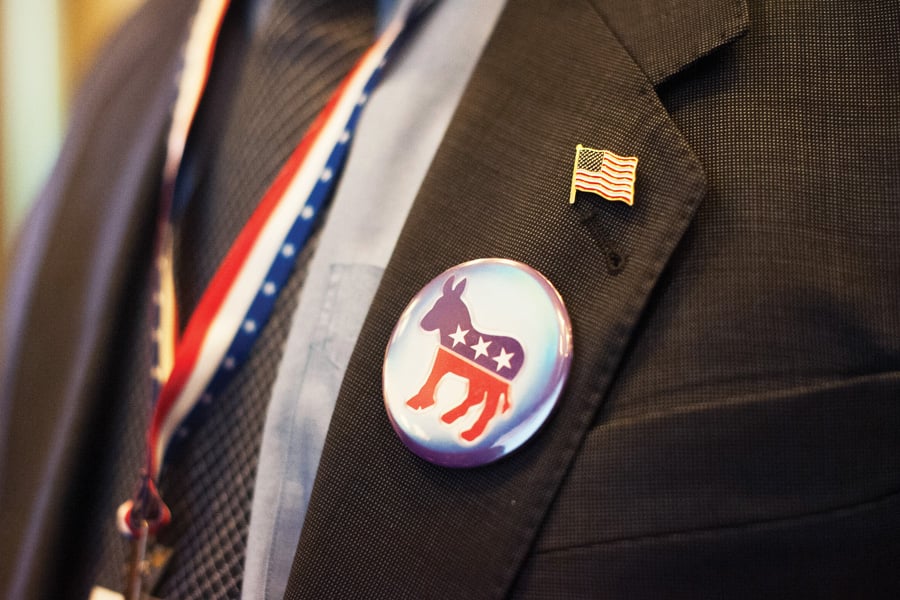Democrats are set to endorse a levy on securities sales when they meet at their party convention later this month.
The draft party platform includes an endorsement of a financial transactions tax, a policy that it says will help establish a financial system that “works for all Americans, not just a handful of billionaires.”
“We support a financial transactions tax on Wall Street to curb excessive speculation and high-frequency trading, which has threatened financial markets,” the
draft document states. “We acknowledge that there is room within our party for a diversity of views on a broader financial transactions tax.”
The party also vows to defend a Labor Department rule that requires financial advisers to act in the best interests of their clients in retirement accounts.
The party will ratify the platform at its convention in Philadelphia during the last week of July.
The presumptive Democratic presidential nominee, Hillary Clinton, backs a narrow tax that would target high-frequency trading.
“In particular, the tax would hit HFT strategies involving excessive levels of order cancellations, which make our markets less stable and less fair,” Ms. Clinton's
financial services reform proposal states.
An advocate for a financial transactions tax said its incorporation in the platform boosts its profile.
“They're comfortable that it's not going to cost them a lot of votes,” said Dean Baker, co-director of the Center for Economic and Policy Research. “It does have a lot of appeal. It helps hugely when it is mentioned in the platform.”
Ms. Clinton's rival for the Democratic nomination, Sen. Bernie Sanders, I-Vt., proposed a financial transactions tax as a way to help fund free college tuition.
In previous sessions of Congress,
lawmakers have introduced legislation that would impose a small tax on stock and bond trading.
The Securities Industry and Financial Markets Association has opposed such a levy, calling it a “sales tax on investors” that would make the markets less efficient. The organization declined to comment on the Democratic platform.
The Republican party, which kicks off its convention July 18 in Cleveland, has yet to release its draft platform, but Republicans almost uniformly oppose a financial transactions tax. The campaign for the presumptive Republican presidential nominee, Donald Trump, didn't respond to a request for comment.
Even if Ms. Clinton is elected, she would have a difficult, if not impossible, task in getting a financial transactions tax through a Congress with a Republican majority in the House and at least 41 Republicans in the Senate.
Mr. Baker said there's a possibility the tax could get approved if it was part of a large compromise package worked out between Ms. Clinton and the GOP, rather than a one-off focused solely on high-frequency trading.
“It's hard to target a narrow area of the market like that,” Mr. Baker said.







